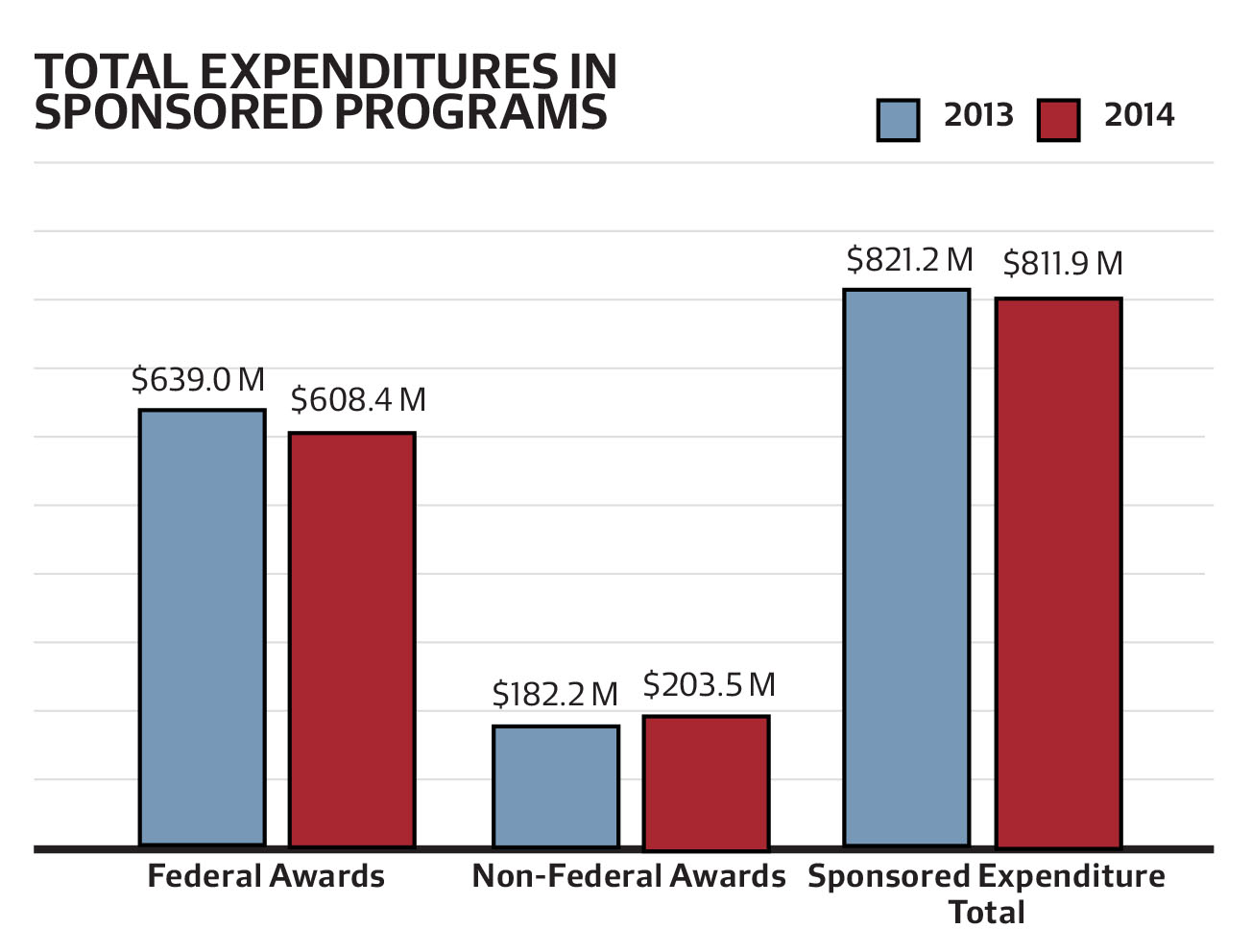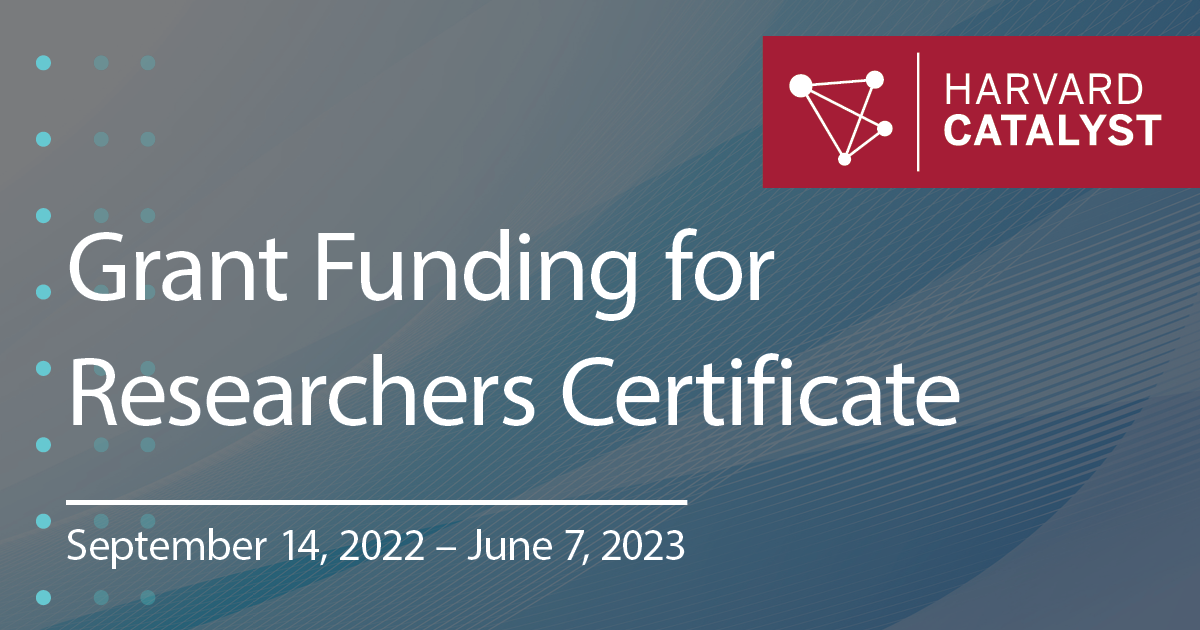
Harvard Research Funding Crisis: Impact and Challenges Ahead
The Harvard research funding crisis has emerged as a pressing concern within the academic community, particularly following the recent government halt on essential research financing. This unprecedented freeze, amounting to an estimated $2.2 billion, has left numerous projects, including groundbreaking organ-on-a-chip technology, in a state of uncertainty. Researchers at Harvard University are now grappling with the implications of stop-work orders and the mounting pressures to maintain significant innovations in academia. Compounding these challenges are the looming Harvard University lawsuits, where the institution seeks to contest the government’s demands and restore its much-needed funding. As the situation unfolds, the impact of this funding crisis is bound to reshape the landscape of research and innovation as we know it.
The current turmoil surrounding funding for research at Harvard underscores a larger crisis affecting higher education and innovation ecosystems across the nation. This situation arises amid a backdrop of halted financial support from federal agencies, threatening ongoing projects that are pivotal for advancements in technology and health sciences. Researchers now face the daunting task of navigating the complexities of regulatory compliance, while also dealing with the potential fallout from legal actions taken by Harvard against governmental mandates. As leading scholars leverage organ-on-a-chip technology to explore critical health issues, the effects of these funding disruptions may resonate beyond the university, influencing the future trajectory of scientific exploration. Consequently, this incident serves as a crucial reminder of the intertwined relationship between government funding and the vitality of academic research.
The Harvard Research Funding Crisis: An Overview
The recent crisis over research funding at Harvard University stems from significant federal government interventions, notably a stop-work order affecting crucial projects. This order emerged after Harvard rejected directive demands from the Trump administration, highlighting tensions between academic freedom and government oversight. With the freezing of approximately $2.2 billion in research funding, not only did a range of projects stall, but the entire research landscape at Harvard faced unprecedented uncertainty. Many researchers, including those in the cutting-edge field of organ-on-a-chip technology, found themselves scrambling to maintain momentum amidst swirling chaos.
Lawsuits have now punctuated the landscape as Harvard contests these governmental restrictions, labeling them unconstitutional. This legal battle indicates more than just a struggle for funding; it reflects a fundamental confrontation over academic governance and the autonomy of institutions of higher learning. The implications of this crisis are damaging not only to Harvard’s immediate research efforts but also extend to long-term innovations in academia and the partnership model between federal funding and institutional research. The impact of such disruptions can ripple across various scientific fields, affecting medical advancements and technological growth as researchers grapple with the cessation of critical projects.
Impact of Stop-Work Orders on Research Initiatives
When university researchers receive stop-work orders, the ramifications can be profound and immediate. Projects which were meticulously planned and often involve years of investment and research can come to a chilling halt, as seen with Don Ingber’s organ-on-a-chip initiatives. The abrupt cessation not only jeopardizes the future of these innovative technologies but also stalls the professional development of students and postdoctoral fellows, impacting their research, theses, and overall academic progression. This impact is not trivial; it reverberates through the scientific community, instilling fear and uncertainty that can deter future talent from pursuing careers in academia.
Moreover, the implications of stop-work orders raise significant concerns regarding the continuity of scientific research in the U.S. Researchers must navigate sudden changes and make tough decisions, such as reallocating people to other projects or considering layoffs. The long-term prospect of maintaining a healthy research environment is jeopardized as these actions lead to diminished morale and uncertainty within teams, potentially driving skilled scientists to seek opportunities abroad. As Ingber observed, the environment of fear surrounding research funding makes the U.S. a less attractive destination for top talents, contrasting with its historical appeal as an innovation hub.
The Role of Government Funding in Academia
Government funding plays a crucial role in the infrastructure of research and innovation within academia. Historically, partnerships between research institutions and government entities have fueled technological advancements, promoting scientific discovery and societal benefits. This funding model has underpinned significant developments across various fields, from medical research to engineering innovations like organ-on-a-chip technology. The collaborative framework established by consistent government support has been fundamental to the American innovation engine, reflecting a mutual dependence on advancing scientific knowledge.
However, the current crisis surrounding funding at Harvard University calls into question the sustainability of these partnerships. As Ingber pointed out, the federal government’s decision to freeze funding and impose guidelines disrupts this relationship, leading to a potential downturn in innovation across the board. If such actions continue, they may deter future collaborations and diminish the quality of research output, effectively stalling the scientific progress that has historically made the United States a global leader in various technological domains.
Innovation in Academia: Challenges Ahead
The current funding crisis poses profound challenges for innovation in academia, particularly in research-intensive fields. Since many groundbreaking projects depend heavily on government grants, the inability to secure funding can stifle the progress of innovative technologies like those being developed at Harvard’s Wyss Institute. Researchers face a climate of fear and uncertainty, which can jeopardize not only ongoing research but also the future of entire labs and their ability to attract new talent. The stagnation of academic innovation may lead to broader implications for the entire economy, which thrives on continuous advancements in science and technology.
Furthermore, as established researchers and promising academics consider their sustainability and options, the potential for the U.S. to retain its status as a leader in innovation dwindles. With leading scientists contemplating relocation due to instability, the academic community’s collaborative spirit could be severely dampened. The fear surrounding consistent funding and governmental oversight could lead to a brain drain, with talented individuals choosing to pursue careers in more stable environments abroad instead of engaging with the uncertain prospects of research within U.S. institutions.
The Future of Organ-on-a-Chip Technology
Organ-on-a-chip technology represents a cutting-edge frontier in biomedical research, simulating human organ functions on micro-engineered chips. This innovative approach not only promises to revolutionize drug testing but also has the potential to model complex biological systems, aiding researchers in understanding diseases and treatment responses. The ongoing crisis at Harvard underscores the fragility of such advancements as researchers like Don Ingber strive to push the boundaries of this technology amidst funding uncertainties. The implications of halted projects could stifle the rapid development of this significant research area.
Should the research on organ-on-a-chip technology face further disruptions due to persistent funding challenges, the broader implications for fields like personalized medicine and toxicology could be dire. Ingber’s work, particularly in modeling human response to radiation—a pressing matter given recent nuclear energy discussions—could be delayed, impeding the acceleration of finding solutions to critical health challenges. As the future of this vital research hangs in the balance, the need for consistent and reliable funding becomes more essential than ever, emphasizing the stakes involved in the current funding crisis.
Impact of Harvard University Lawsuits
The Harvard University lawsuits represent a significant turning point in the ongoing struggle for research funding and institutional autonomy. By contesting the government’s stop-work orders, Harvard is safeguarding not only its financial resources but also its academic freedom and operational integrity. The outcome of these legal battles could set important precedents for how government and academia interact, as issues surrounding funding, governance, and institutional management come under the spotlight. The ramifications of these suits extend beyond Harvard, potentially impacting universities nationwide that rely on federal funding for essential research projects.
However, the legal proceedings also carry risks. They may draw out uncertainty surrounding funding for extended periods, leaving researchers suspended in a limbo that affects their projects’ viability. With large sums of money at stake, project teams like Ingber’s face the worry of lost momentum and the potential for skilled researchers to leave their positions. This situation illustrates how lawsuits can significantly impact innovation in academia, leading to a prolonged state of doubt that stifles progress and undermines efforts to attract the best talents to U.S. research environments.
The Innovation Economy: How Research Funding Fits In
America’s innovation economy has long relied on a synergy between government funding and academic research. As noted by Ingber, the accomplishments of the last five decades are a testament to this collaborative effort, fostering scientific advancements that fuel technological progress. However, the recent funding crisis at Harvard disrupts this foundational relationship, raising concerns about the potential long-term consequences. A weakening of this innovative ecosystem could result in a stalled economy, as advancements in fields such as biotechnology and artificial intelligence risk being compromised.
Successful research initiatives not only contribute to the American economy but also enhance global competitiveness. Ensuring continued support for academic research presents a pathway to maintain the momentum of innovation driving economic growth. If the funding landscape does not stabilize, not only could the U.S. fall behind in technological advancements, but it risks losing the very infrastructure that has historically managed to lead the world in scientific breakthroughs. The question remains whether all stakeholders can collaboratively restore the funding pipeline crucial for future innovation.
Preserving Talent amidst Uncertainty
The uncertainty stemming from the funding crisis at Harvard poses a tangible threat to retaining top scientific talent. As researchers grapple with potential job security issues and project disruption, many are contemplating their future amid an unstable work environment. Ingber’s experiences highlight the fear permeating research teams, where talented individuals might seek opportunities abroad instead of waiting out an uncertain climate. This could lead to a loss of diversity and expertise within U.S. academia, as the top minds consider relocating to more stable international research environments.
Furthermore, preserving knowledge and skill within the academic sector is critical, especially as research advances become increasingly collaborative and globalized. With growing apprehension about safety and funding, institutions risk becoming less attractive to international researchers who have historically contributed to innovative environments. As the U.S. aims to retain its status as a leader in scientific research, addressing the cultural and operational challenges is paramount to ensuring it continues to draw the best talents from around the globe, thus supporting innovation and research development.
Conclusion: The Urgency for Research Funding Solutions
The ongoing crisis at Harvard University encapsulates a broader issue concerning the sustainability of academic research funding in the U.S. As evidenced by the significant disruptions faced by researchers like Don Ingber, the current landscape is fraught with uncertainty that threatens to undermine years of progress in scientific innovation. The need for constructive dialogue and effective solutions is urgent—both to resolve current tensions and to reestablish robust frameworks that promote collaboration between government and academia.
Moving forward, stakeholders must recognize the intrinsic value of academic research and the vital role it plays in driving innovation and economic growth. To circumvent the looming crisis, a renewed focus on supportive funding structures is crucial, ensuring that the U.S. maintains its position as a pioneer in research and technology. By investing in a stable and well-supported research environment, the potential for groundbreaking discoveries grows, fostering a culture of innovation that benefits both science and society as a whole.
Frequently Asked Questions
What is the impact of the Harvard research funding crisis on ongoing projects?
The Harvard research funding crisis has significantly halted ongoing projects, as seen with projects like Don Ingber’s organ-on-a-chip technology, where a stop-work order was issued, impacting researchers’ ability to continue vital experiments and delaying crucial research outcomes.
How does government funding for research relate to the Harvard research funding crisis?
The Harvard research funding crisis stems from abrupt governmental actions that included freezing approximately $2.2 billion in research funding, which has led to stop-work orders and increased uncertainty among researchers, highlighting the critical role of government funding for sustaining academic innovation.
What legal actions has Harvard taken in response to the research funding crisis?
In response to the research funding crisis, Harvard filed a lawsuit against the federal government, arguing that the funding freeze and accompanying demands constituted an unlawful overreach, seeking restoration of funding to continue essential research efforts.
What role does organ-on-a-chip technology play in addressing the challenges of the Harvard research funding crisis?
Organ-on-a-chip technology, as utilized in ongoing Harvard projects, exemplifies how innovative research can address critical issues such as radiation damage and health effects in astronauts, making it crucial to fight for funding amidst the current crisis.
How does the Harvard research funding crisis affect innovation in academia?
The Harvard research funding crisis poses a serious threat to innovation in academia by disrupting projects and research endeavors, which not only hampers scientific progress but also diminishes the ability of researchers to attract international talent and funding essential for future discoveries.
| Key Point | Details |
|---|---|
| Stop-work order issued to Harvard | Targeted projects worth over $19 million in funding were halted, impacting researchers and students. |
| Lawsuit filed by Harvard | Harvard contested the funding freeze and sought to restore its research funding through legal means. |
| Impact on researchers | Researchers faced uncertainties, with potential layoffs and shifting grants, causing chaos in ongoing projects. |
| Significance of projects | Ongoing research includes critical studies on radiation exposure implications and their effects on health and space travel. |
| Effects on recruitment | The climate caused concerns among foreign scientists and researchers, leading to hesitance in relocating to the U.S. |
| Concerns about innovation | The funding crisis posed a threat to America’s innovation engine, crucial for scientific and technological advancements. |
| Administration’s actions questioned | Experts are concerned about the long-term consequences of cutting research funding on the economy and technology development. |
Summary
The Harvard research funding crisis has significant implications for the future of scientific innovation in the United States. As federal funding is frozen and an important research institution like Harvard faces disruptions, the long-established partnership between academia and the government is at risk. This crisis not only affects researchers and ongoing projects but also raises concerns about America’s ability to attract and retain top scientific talent from around the world. If the funding issues persist, the very engine of American innovation may begin to sputter, endangering advancements that drive technology and nurture societal progress.



